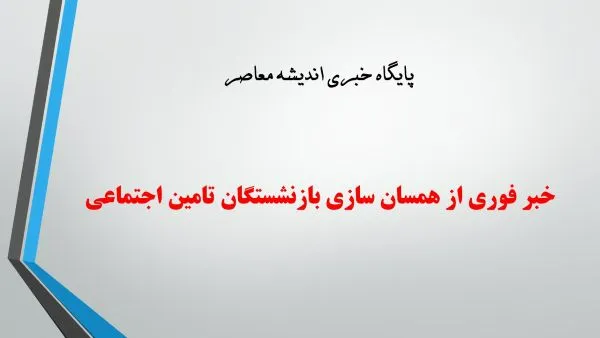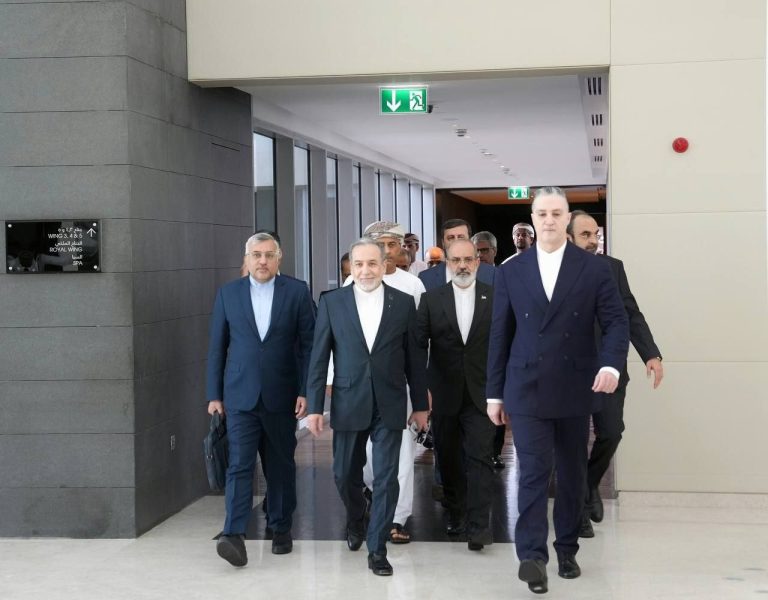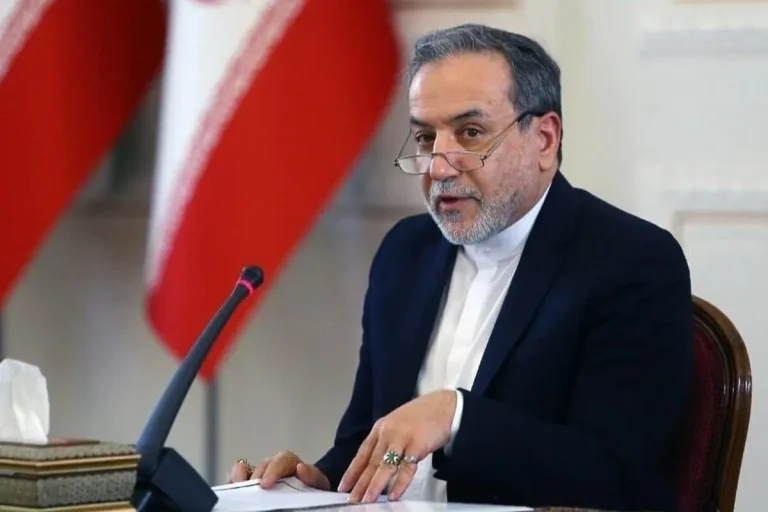
Landmark Pension Reform Finalized for September Implementation
Iran’s State Pension Fund is set to undergo a significant administrative and structural transformation, with newly appointed leadership tasked to implement long-awaited reforms by mid-September. These changes come amid broader efforts to enhance the efficiency and service delivery of the country’s pension system.
New Leadership Amid Structural Changes
The appointment of Aladdin Azouji as the new Managing Director of the State Pension Fund coincides with the fund’s merger with the Steel Industry Pension Fund—a move that has drawn considerable attention. Azouji, known for his alignment with the interests of workers and pensioners, succeeds Hojjatollah Mirzaei, whose tenure, though brief, was marked by efforts to recover misappropriated assets and introduce systematic reforms.
The frequent turnover of leadership at the fund has been a point of discussion. According to Valliollah Mirzasidi, a member of the Teachers’ Union Retirees Committee, short tenures have hindered consistent policy implementation. “Just as a manager begins to understand the fund’s complexities and addresses long-standing issues, they are often replaced,” Mirzasidi noted.
Core Challenges: Healthcare and Pension Adjustments
One of the most urgent issues facing retirees is the implementation of supplementary health insurance. Although existing laws stipulate that retirees should receive coverage from their former employers, in practice, this responsibility has been transferred to the pension fund—resulting in significant deductions from already modest pensions.
Delays in contract negotiations with insurance providers and frequent changes in healthcare service companies have further complicated retirees’ access to medical services. Many face six-month delays in coverage activation, exacerbating difficulties in receiving timely care.
Pension adjustment—or “hamsan sazi”—is another critical concern. Retirees were initially promised pensions equivalent to 90% of their active counterparts’ salaries. However, implementation has fallen short, with current adjustments not exceeding 40% for some. The phased rollout over three years has also reduced the real value of these increases due to inflation.
A Call for Systemic Reform
Mirzasidi emphasized that many legal provisions meant to protect retirees under the Civil Service Management Law have not been fully implemented. He urged the new management to prioritize correcting these systemic gaps, particularly concerning healthcare and pension equity.
The restructured pension fund now stands at a pivotal moment. With new leadership and a consolidated structure, there is renewed hope that these foundational reforms will bring stability and improved welfare to the nation’s retirees.


